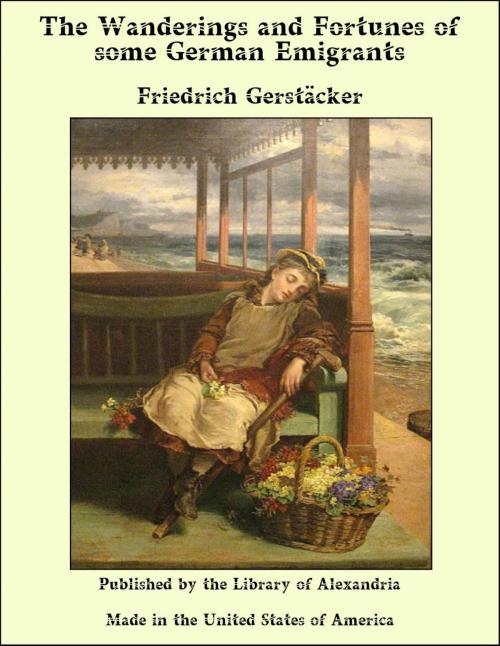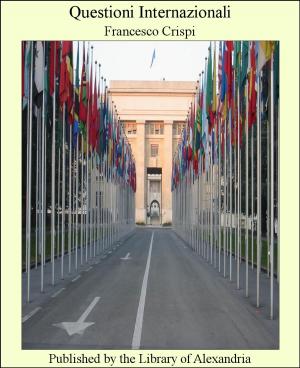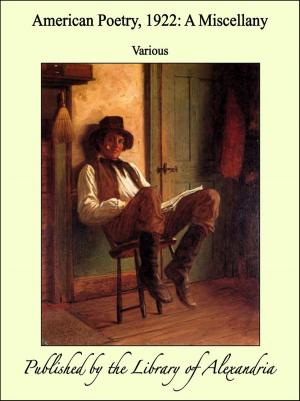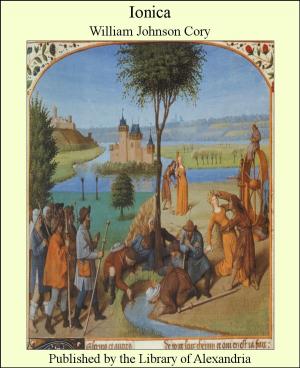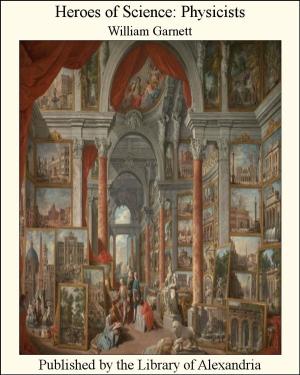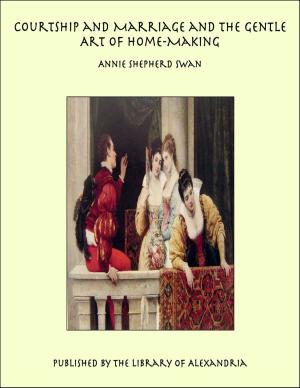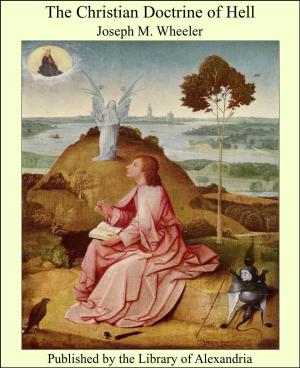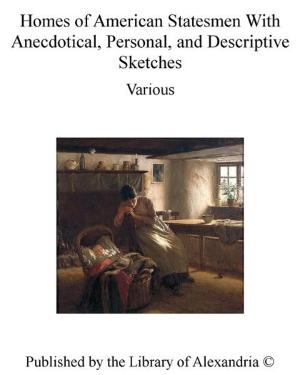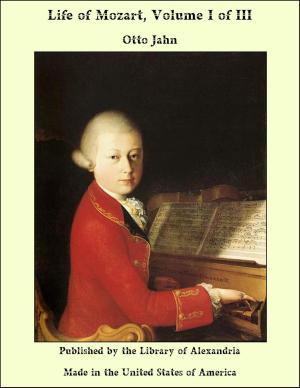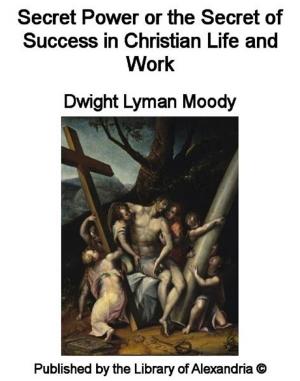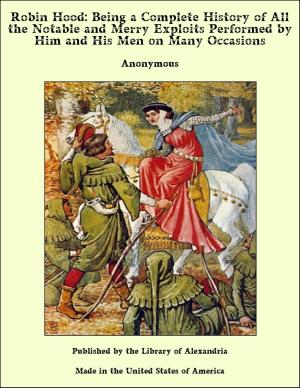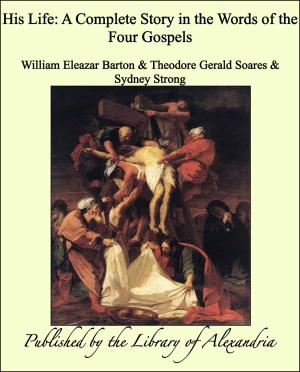The Wanderings and Fortunes of some German Emigrants
Nonfiction, Religion & Spirituality, New Age, History, Fiction & Literature| Author: | Friedrich Gerstäcker | ISBN: | 9781465581297 |
| Publisher: | Library of Alexandria | Publication: | March 8, 2015 |
| Imprint: | Language: | English |
| Author: | Friedrich Gerstäcker |
| ISBN: | 9781465581297 |
| Publisher: | Library of Alexandria |
| Publication: | March 8, 2015 |
| Imprint: | |
| Language: | English |
The majority of the intending passengers by the new and smart bark, the "Hoffnung," Commander Wellbach, bound for New York, were assembled at Meier's, the host of the Hull Arms Tavern, in the ancient Hanse-town of Bremen, prior to their departure, to hear the laws read, which had been drawn up by a committee chosen by themselves, from among their leading men, and to subscribe these laws. They related not only to the voyage across the ocean, but also to the proceedings of the Emigrants on their arrival in their new home, and were intended, as the preamble expressed it, "to unite firmly the Emigrants in a band of friendship for the attainment of one great object." The committee consisted of six members—namely, the Lutheran clergyman, or, as he is styled, the Pastor Hehrmann; Becher, an advocate; a Mr. Von Schwanthal; two brothers, merchants, named Siebert; and a gentleman named Herbold, formerly a landed proprietor. They were zealous for the general welfare, and had, by these laws, reserved equal rights and assigned equal duties to each, so far at least as was compatible with the foregone determination of buying a block of land somewhere in the United States, immediately on their arrival in New York, of occupying it, of tilling it, and of harvesting it in common; and such of the party as had never handled a plough or a spade, were as pleased as children with the thought of working hard in the New World—in the primeval forest—and pictured to themselves how well they should relish the bread to be raised by the toil of their own hands.
The majority of the intending passengers by the new and smart bark, the "Hoffnung," Commander Wellbach, bound for New York, were assembled at Meier's, the host of the Hull Arms Tavern, in the ancient Hanse-town of Bremen, prior to their departure, to hear the laws read, which had been drawn up by a committee chosen by themselves, from among their leading men, and to subscribe these laws. They related not only to the voyage across the ocean, but also to the proceedings of the Emigrants on their arrival in their new home, and were intended, as the preamble expressed it, "to unite firmly the Emigrants in a band of friendship for the attainment of one great object." The committee consisted of six members—namely, the Lutheran clergyman, or, as he is styled, the Pastor Hehrmann; Becher, an advocate; a Mr. Von Schwanthal; two brothers, merchants, named Siebert; and a gentleman named Herbold, formerly a landed proprietor. They were zealous for the general welfare, and had, by these laws, reserved equal rights and assigned equal duties to each, so far at least as was compatible with the foregone determination of buying a block of land somewhere in the United States, immediately on their arrival in New York, of occupying it, of tilling it, and of harvesting it in common; and such of the party as had never handled a plough or a spade, were as pleased as children with the thought of working hard in the New World—in the primeval forest—and pictured to themselves how well they should relish the bread to be raised by the toil of their own hands.
